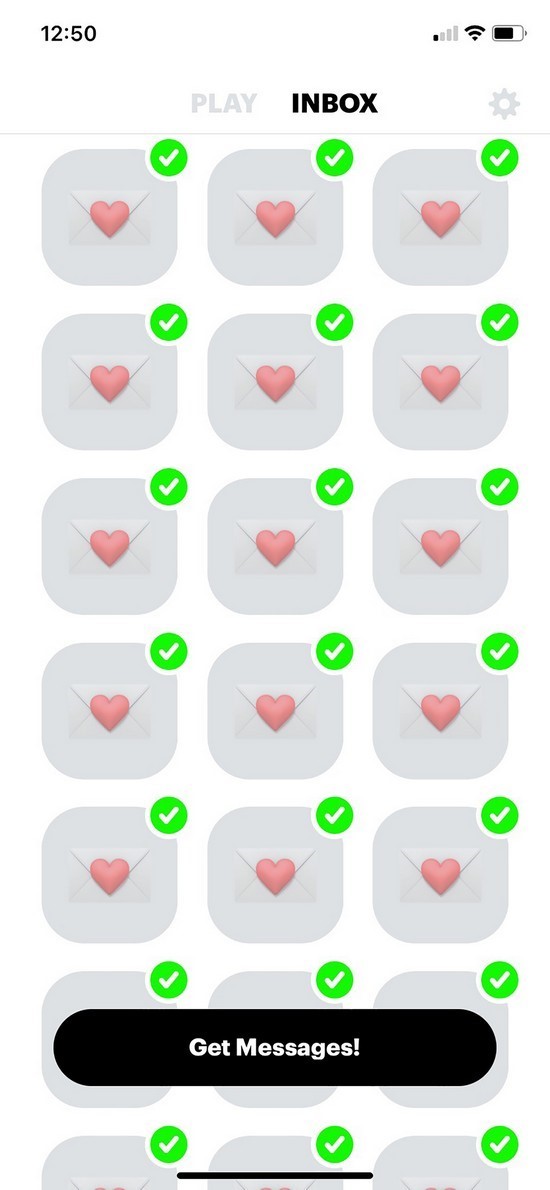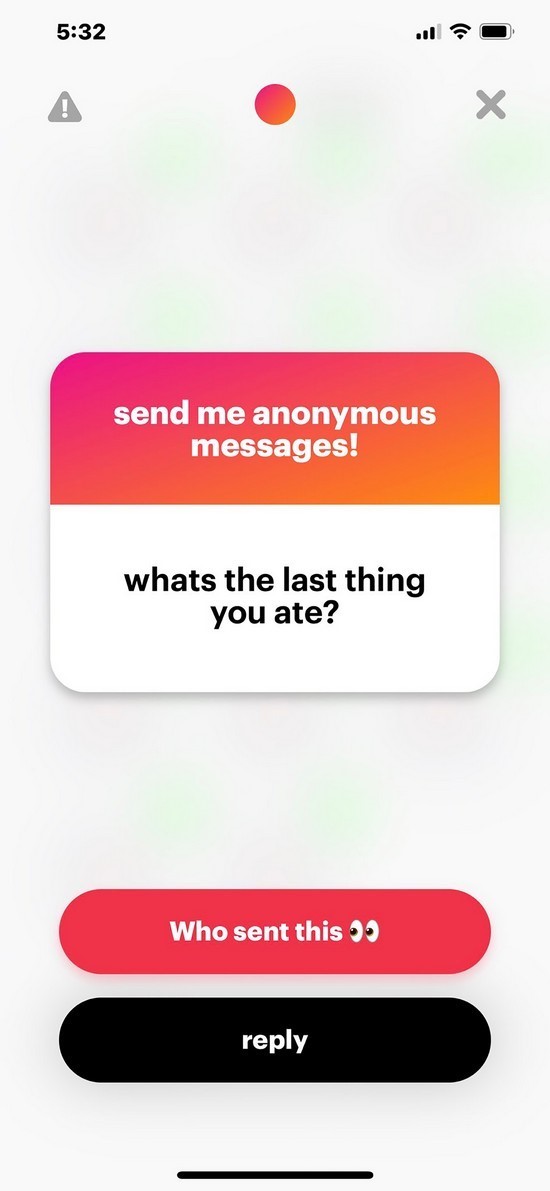It seems that every few years, a new
anonymous-messaging platform enters the market; rapidly gains a fan base,
investments, and media attention — then crashes and burns. Usually, the cause
is some combination of unfettered
bullying, harassment, or misinformation that
blooms within the platform.
اضافة اعلان
And yet, the apps keep coming. One of the latest
arrivals is NGL, which invites users to solicit anonymous questions and
comments from their followers on Instagram, Twitter, Facebook, or elsewhere.
NGL, the app’s website explains, “stands for not gonna lie”.
 (Photos: NYTimes)
(Photos: NYTimes)
During June and the first half of July, NGL was
downloaded about 3.2 million times in the US, according to
Sensor Tower, an app
analytics firm. It was the 10th most downloaded app in the Apple and Google Play
stores in June, Sensor Tower said.
“Anonymity has always been the secret sauce,” said
Sherry Turkle, a
Massachusetts Institute of Technology professor who studies
people’s relationships with technology. She said the craving for anonymous
self-expression was nothing new, pointing to the confessional booth in some
churches as an example.
But, she added, the desire for anonymity has never
been about anonymity itself. After all, in many cases, the promise of anonymity
is false, or, at best, qualified — the priest often knows who the confessor is,
and apps that collect and distribute secrets are simultaneously collecting
their users’ private data. In fact, NGL, which was started in November, goes
even further, offering users hints about their respondents for $9.99 per week.
“Anonymity is a way to open the door to a feeling of
space and permission, to a liminal space between realms where you can express
something true or speak something true that you can’t in the rest of your
life,” said Turkle, the author of “The Empathy Diaries: A Memoir.”
Harold David, 34, an administrator for a fitness
company in
New York, recently tried out NGL. “It’s fun to see what people will
say when it’s anonymous,” he said. “Who wouldn’t want to know someone’s secret
thoughts on them?”
He said he had seen a few friends use the app and
expected “more crass or more lewd” comments. But, he said, “it was actually a
warm flood of responses about people’s experiences with me, so it was a really
nice surprise.”
The experience of Haras Shirley, 26, a school
resource officer in Indianapolis, was not as positive. Shirley received about a
dozen responses after posting a link to NGL on Facebook and Instagram.
“I figured there would be more questions about my
transition, and I’d be able to give some insight into how to ask those
questions appropriately,” he said. Instead, he said, most of the questions were
shallow, asking what his favorite color is or what was the last thing he ate.

He understands the appeal of the app. “These apps
give you the idea that people are interested in who you are and want to know
more about you,” he said. But it is not for him. “This really is geared toward
kids in middle and high school,” he said.
As quickly as the app has risen, it has run into
criticism.
Anonymous-messaging platforms such as ASKfm, Yik
Yak, Yolo, and LMK have long struggled to contain bullying, harassment, and
threats of violence. Messages on Yik Yak led several schools to evacuate
students in response to bomb and shooting threats. Yolo and LMK, anonymous-messaging
apps, are being sued by the mother of a teenager who died by suicide. (The apps
were integrated into Snapchat, whose parent company, Snap, was initially a
defendant in the lawsuit but no longer is.)
Secret, yet another anonymous-messaging app, shut
down in 2015 despite investments from major
Silicon Valley players. In a Medium
post announcing the company’s closure, David Byttow, one of it founders, wrote
that anonymity is “the ultimate double-edged sword.”
Mitch Prinstein, chief science officer at the
American Psychological Association, said that on the internet, people assume
that the opinions of a few represent a large subsection of the population.
“Anonymity,” he said, “makes this worse.” The result
is that if someone leaves an anonymous comment saying your haircut is ugly, for
example, you begin to think that everyone thinks your haircut is ugly.
When Reggie Baril, 28, a musician in
Los Angeles,
posted an NGL link for his 12,000 followers on Instagram, he expected questions
about his career. “I was very wrong,” he said. Of the 130 responses he got,
there was “more hate than not”.
He read a couple of comments aloud during a phone
interview. “You could be so successful but your attitude is awful, you won’t
make it,” he said. “I’m not sure 2015 Reggie would like 2022 Reggie.” Another
one called him “a social climber.” He was surprised by the acidity.
When Clayton Wong, 29, an editorial assistant in Los
Angeles, tried out NGL, he received an unexpected “confession” that told him to
search for a specific love song online. Wong was immediately suspicious. “I
didn’t think the song was very good,” he said. “If this person knew me, they
would know this isn’t something I would be into.”
After he scrolled through the comments on the song
on
YouTube, he realized dozens of people had received an anonymous “confession”
of feelings that had directed them to the same video.
Johan Lenox, a musician friend of Baril’s, expected
a “chaotic” NGL experience but got the opposite. He was surprised people wanted
to shield their identity when asking questions such as what he does after
performing or what it’s like to be a musician. It left him wondering about the
point of the app.
He thinks NGL will meet the fate of other apps that
disappeared as quickly as they appeared. “No one will talk about it again in a
month,” he said.
Read more Technology
Jordan News



